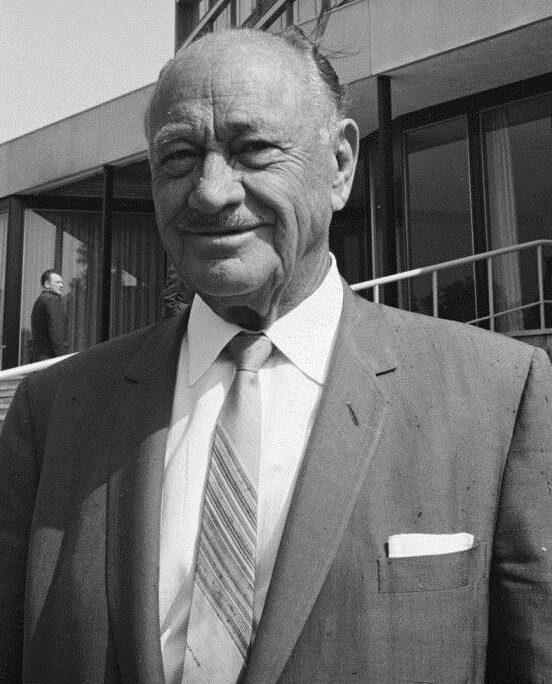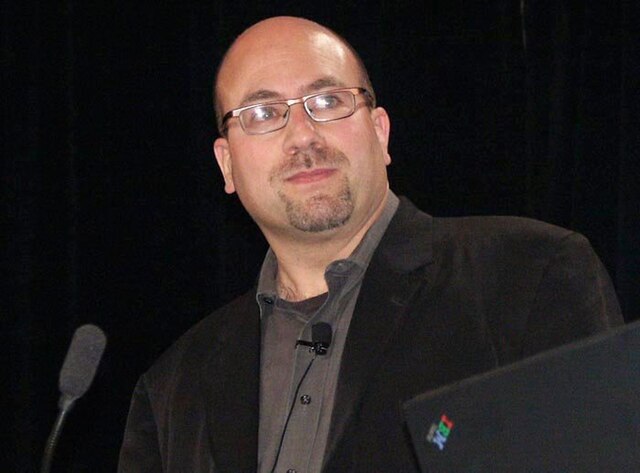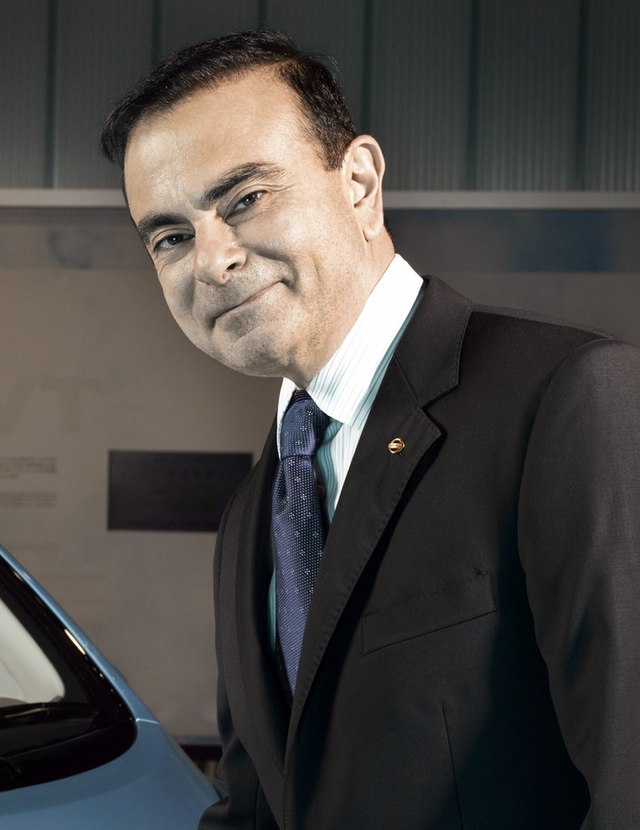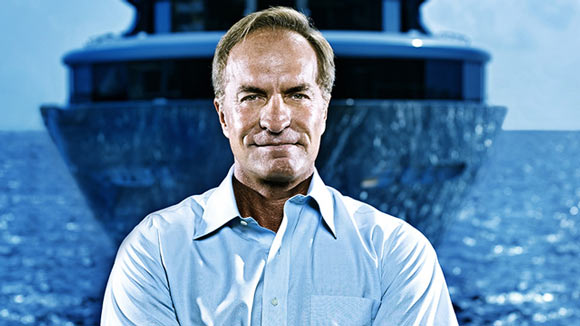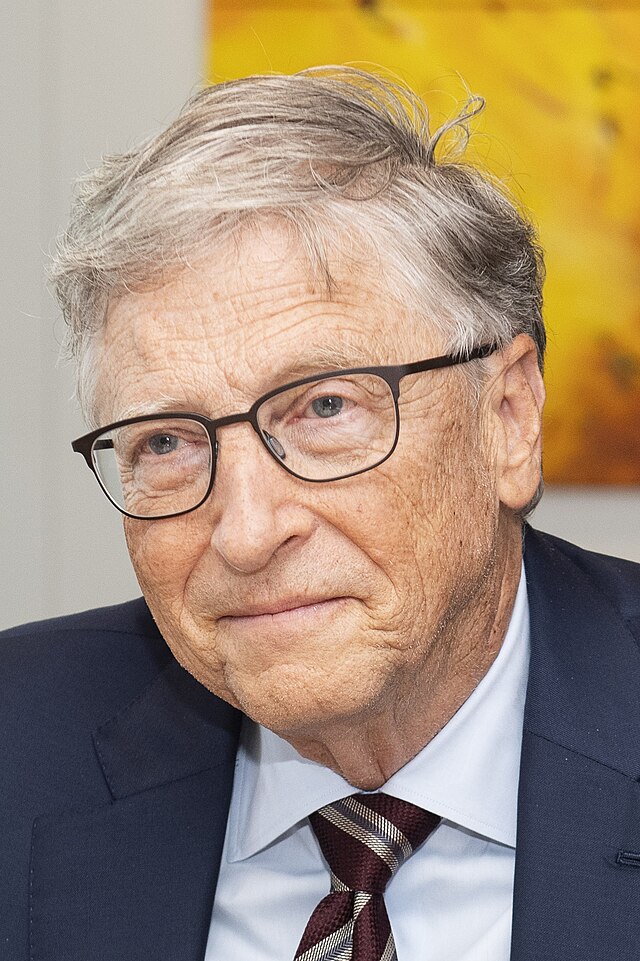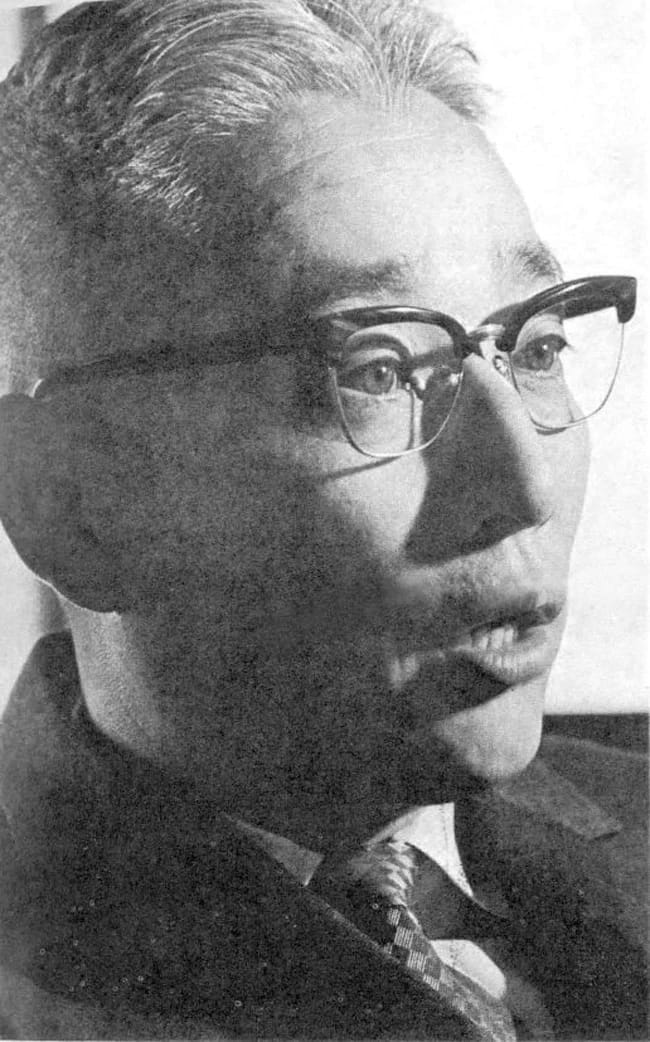Conrad Hilton
image source :- google | image by :- wikipedia
Conrad Hilton
| Aspect | Details |
|---|---|
| Full Name | Conrad Nicholson Hilton |
| Birth | December 25, 1887, in San Antonio, New Mexico, USA |
| Early Life | Grew up working in his father’s general store, where he gained early business insights. |
| Education | Attended Goss Military School, St. Michael’s College, and New Mexico School of Mines. |
| Early Career | At 21, joined his father’s business; became a Republican representative in the New Mexico State Legislature. |
| World War I Service | Served in the U.S. Army during WWI; returned with aspirations of launching a business. |
| Entry into Hotels | Initially aimed to buy a bank in Texas but instead purchased the Mobley Hotel in Cisco, Texas, marking his entry into the hotel industry. |
| Business Expansion | Mobley Hotel’s success led him to acquire more properties. Despite challenges during the Great Depression, he expanded his hotel empire, focusing on unique, high-quality hotels in Chicago, New York, and Los Angeles. |
| Hilton Hotels Corp. | Founded Hilton Hotels Corporation in 1946. By 1948, Hilton International was launched, initiating his global expansion. |
| Global Reach | By the 1960s, Hilton’s portfolio included 188 hotels in 38 U.S. cities and 54 international locations. Notable properties included the Waldorf-Astoria (New York), Palmer House (Chicago), and the Mayflower Hotel (Washington, D.C.). |
| Leadership Transition | Passed the company’s management to his son, Barron Hilton, in the 1960s but remained chairman of the board and guided the company’s direction. |
| Personal Life | Married three times; faced personal struggles yet maintained a strong professional legacy. |
| Death | Passed away on January 3, 1979, at age 91. |
| Philanthropy | Established the Conrad N. Hilton Foundation, dedicated to various causes including education, homelessness, blindness, and global challenges. His philanthropy has continued to impact lives globally, embodying his philosophy of giving back. |
| Legacy | Left an enduring mark on the hospitality industry through high standards in service and quality, with Hilton Hotels remaining a global leader. His principles continue to influence hospitality, and his philanthropic foundation upholds his commitment to social causes. |
Conrad Hilton: The Man Behind the Iconic Hilton Hotels
Conrad Hilton, whose name goes around the world with his international hotel chain, did not always become the hotel mogul we are familiar with today. Born on December 25, 1887, in San Antonio, New Mexico, Conrad was mainly helping out in his father’s general store growing up. However, he was not only studying retail instead, he was amassing business acumen that would one day serve him to construct one of the world’s most recognized hotel chains. His life was full of ups and downs-from the survival of World War I to almost bankruptcy during the Great Depression. Still, he found himself among the most successful entrepreneurs in the history books.
Early Life and Road to Entrepreneurship
After completing his studies in Goss Military School, St. Michael’s College, and New Mexico School of Mines, Conrad went on to join his father’s business at the age of 21 years. He further consolidated his foothold into politics and became a Republican representative in the New Mexico State Legislature. However, he preferred to construct something bigger.
A World War I veteran in the U.S. Army, Hilton brought back dreams of launching a big business. His first plan had been to buy a bank in Texas. That didn’t work, of course. He fell into the hotel business when he bought his first property: the Mobley Hotel in Cisco, Texas. That single purchase changed his life forever.
How Hilton Built His Empire
Mobley Hotel proved to be an instant success; so much so that rooms were being booked three times in a day and Hilton had to convert the dining room into extra bedrooms to keep pace with the bookings. Feeling opportunities in this booming business, he expanded and bought more hotels. The road, however wasn’t always smooth. The Great Depression hit the economy hard, and Hilton nearly went bankrupt. Still, he didn’t let that beat him down. He moved on and was convinced that his dream of building an empire of hotels had more room to grow.
The Hilton’s idea was not to own several hotels. He wanted each to be unique and more excellent than the others in terms of quality delivery. Having broken the financial constraints, he expanded his empire beyond Texas. This included hotels in cities like Chicago, New York, and Los Angeles. He officially registered the Hilton Hotels Corporation in 1946, and by 1948, Hilton International started taking shape; his international expansion began.
Hilton Goes Global
Conrad Hilton took his reach further afield in 1949 by going global. Hilton International became one of the largest worldwide hotel chains, setting a new benchmark for hotel accommodations and boosting American tourism. His hotels were not just places to stay but a destination in themselves. By the 1960s Hilton had built up a portfolio that included 188 hotels in 38 different U.S. cities, for example, the Waldorf-Astoria in New York, Palmer House in Chicago, and the Mayflower Hotel in Washington, D.C. He also had 54 hotels outside of America, making his empire truly international.
The Later Years
The company was passed down to his son, Barron Hilton, in the 1960s, though Hilton remained in the position as chairman of the board. Even after being out of the every day supervision of the company Hilton continued to set direction for the firm.
He was married three times, and there is more than enough turbulence within the personal life of Conrad Hilton; however, the professional legacy remains strong. He died at the age of 91 on January 3, 1979, and his end marked the end of an era for the hotel industry, but it was not the end of his influence.
Although his hotels remain the most celebrated legacies of Conrad Hilton, his philanthropy stands out as one of the significant impacts left by him. Today, many people’s lives keep changing because of this foundation, while Hilton believed in using business success to give back to the world. The Conrad N. Hilton Foundation is a base where support for initiatives in education, homelessness, blindness, and addressing various global challenges are being offered.
Conrad Hilton’s journey, from running a small store to building a global hotel empire, is one of resilience, vision, and ability to adjust and change. His legacy is not only in the 188 buildings he built but above all in the high standards and business principles that condition the hospitality industry to this day.

